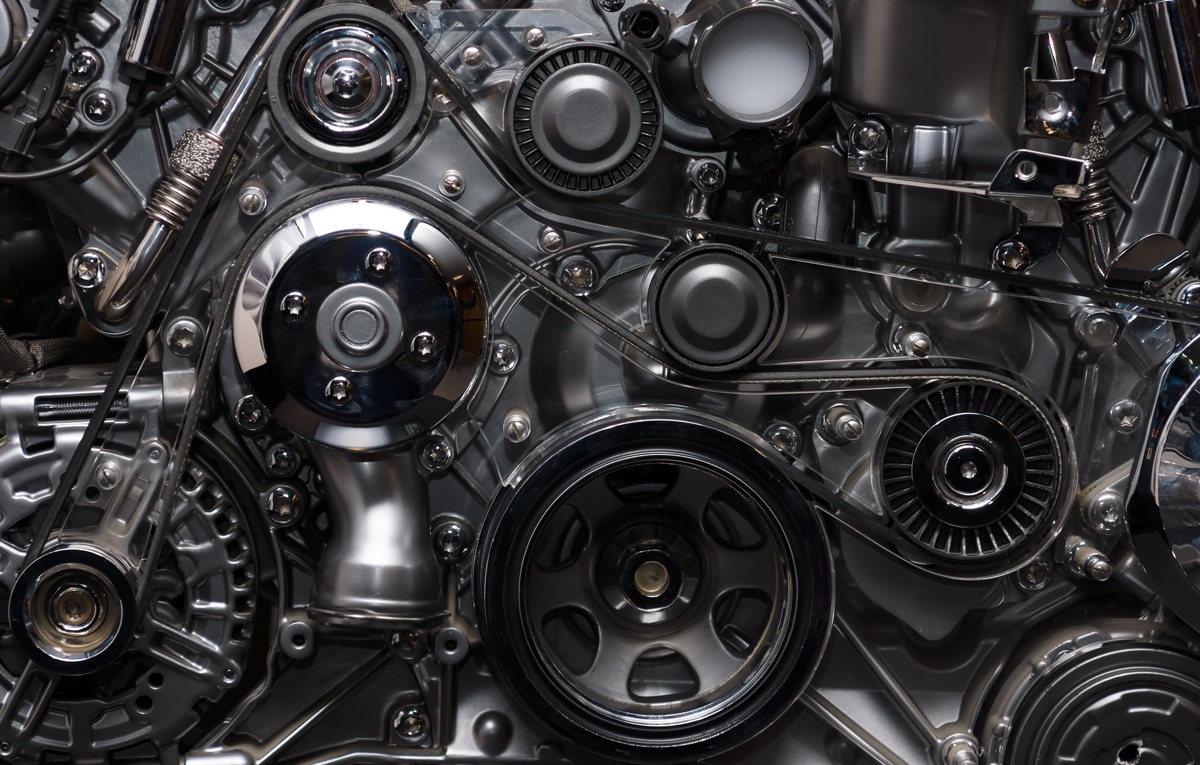Must-Have Features In Lube Additives From Manufacturers
As automotive technology advances, so too does the complexity of lubrication demands placed upon modern engines. To accommodate evolving needs, lube additives manufacturers must continually innovate and refine their offerings to deliver superior performance, efficiency, and durability. Several must-have features characterize top-tier lube additives, distinguishing them from inferior alternatives. Consider the following criteria when evaluating options for incorporating into your vehicle maintenance regimen:
Compatibility with base oils:
High-quality lube additives should smoothly integrate with a broad spectrum of base oils, ensuring uniform blending and optimal interaction between constituent components. Ideally, manufacturers will specify acceptable ranges of viscosity indices, API classifications, and SAE grades to facilitate pairing with preferred motor oils. Also, verifying compatibility with synthetic, semi-synthetic, and conventional bases ensures versatility across varied applications and user preferences.
Superior chemistry:
Advanced chemistries distinguish premium lube additives from generic counterparts, delivering improved protection against wear, corrosion, and oxidation. Look for products featuring proprietary blends of organic compounds specifically formulated to address distinct challenges presented by contemporary engine designs and environmental regulations. Examples include molybdenum disulfide (MoS2), zinc dialkyldithiophosphates (ZDDPs), and polyalkylene glycols (PAGs), each offering unique advantages depending on target objectives.
Extensive testing and validation:
Manufacturers committed to quality invest considerable resources into rigorous testing protocols, subjecting candidate formulations to myriad trials simulating real-world operating conditions. Such scrutiny confirms compliance with relevant industry standards, establishes benchmarks for performance comparison, and identifies opportunities for improvement. Seek out providers who transparently document testing procedures and share findings via technical bulletins, whitepapers, or case studies, demonstrating commitment to excellence and customer satisfaction.
Broad application spectrum:
Versatile lube additives cater to diverse applications encompassing gasoline, diesel, natural gas, and alternative-fueled powerplants. Coverage extends beyond passenger cars to commercial trucks, agricultural equipment, marine vessels, and industrial machinery, reflecting adaptability across sectors. Inclusive portfolios incorporate ancillary products such as gear oils, transmission fluids, greases, and coolants, streamlining procurement processes and simplifying inventory management.
Technical support and expertise:
Access to skilled technicians, application engineers, and field specialists represents a cornerstone of exceptional customer service. Knowledgeable representatives provide guidance on product selection, troubleshooting assistance, and educational resources pertinent to emergent technologies and regulatory developments. Moreover, collaborative partnerships nurture innovation through shared learning experiences, joint problem-solving endeavors, and customized solutions tailored to individual clientele requirements.
